Your cart is currently empty!
Tag: Sustainability
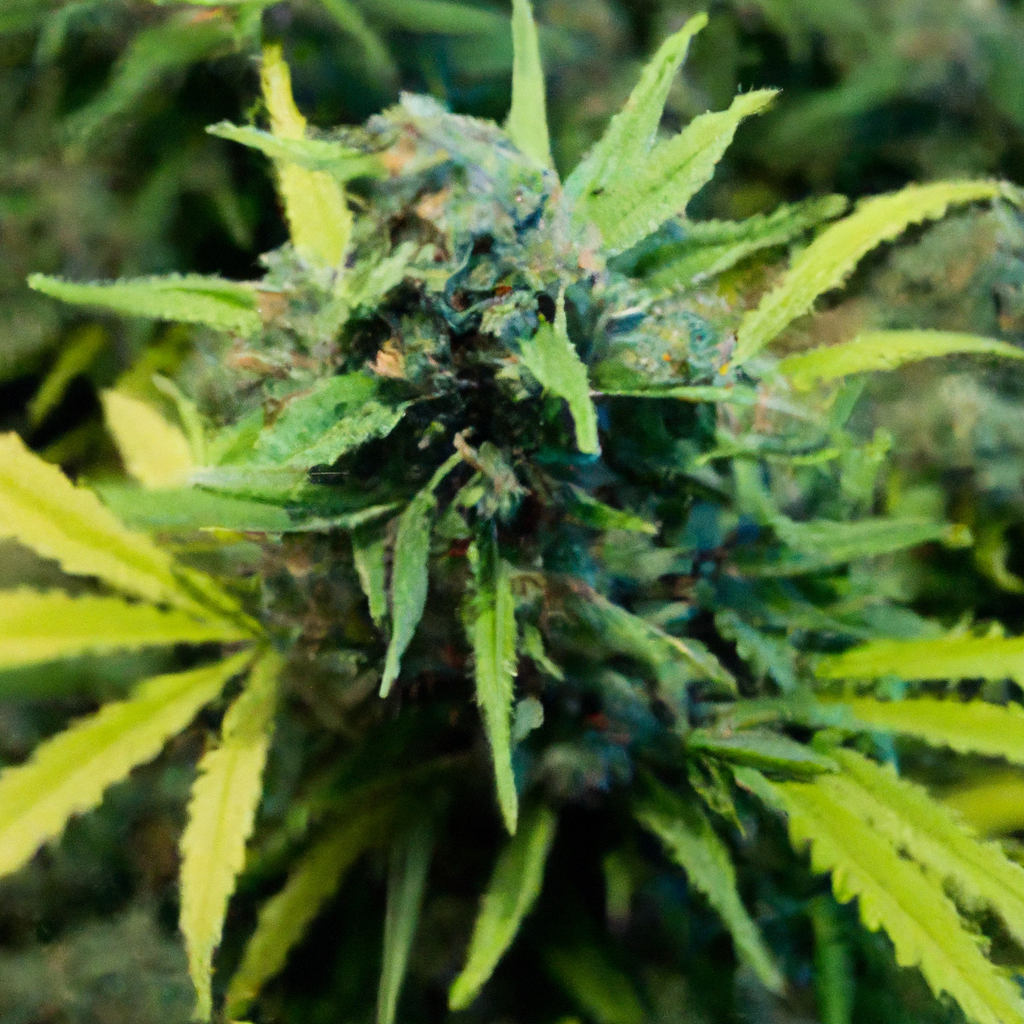
As cannabis cultivation evolves, growers are exploring innovative methods like using companion animals to boost plant health and optimize yield. This practice leverages animals such as chickens, ducks, and earthworms for benefits like pest control, soil aeration, and nutrient distribution. While integrating animals requires careful planning to avoid issues like plant damage, adhering to best…
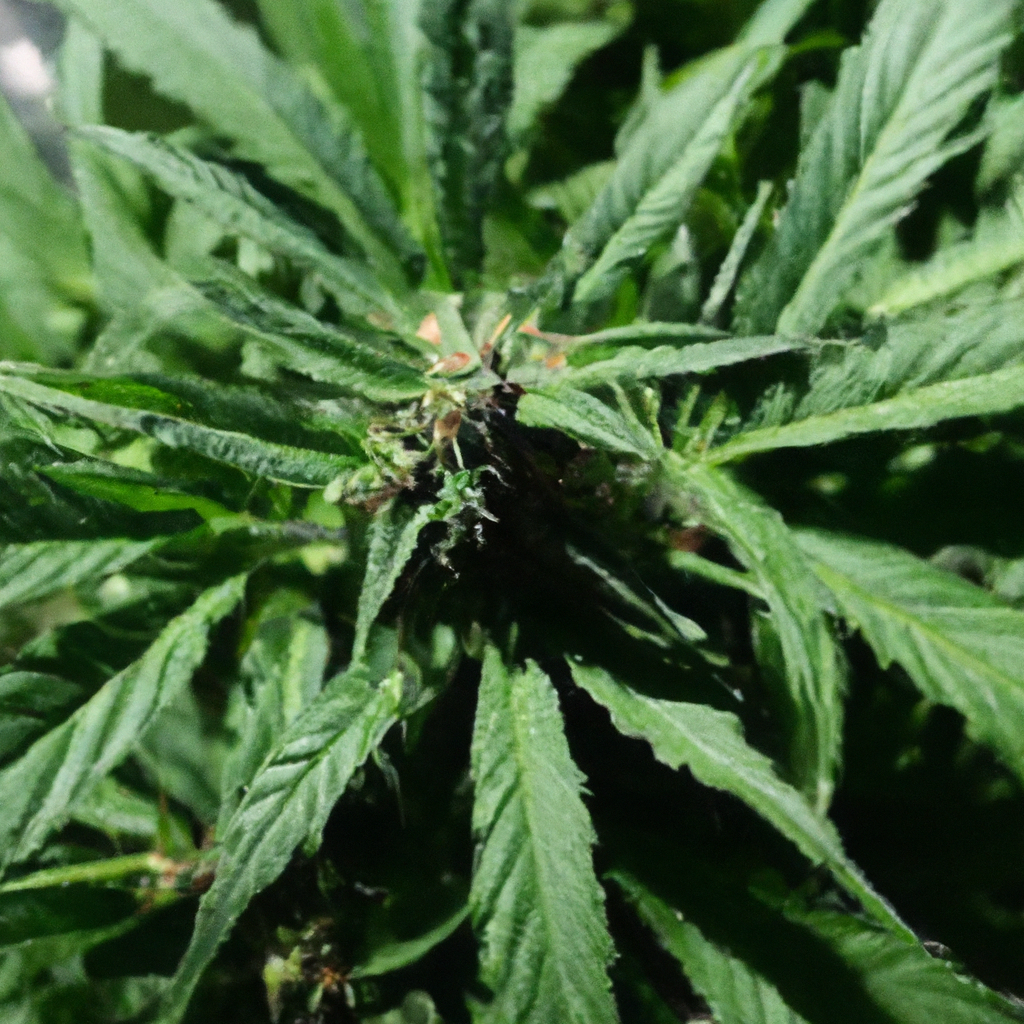
As the cannabis industry grows, the shift towards organically grown cannabis is gaining momentum. Emphasizing natural fertilizers and pest management, organic cultivation benefits both the consumer and the environment. Avoiding synthetic chemicals enhances soil health, improves plant resilience, and reduces environmental impact. Techniques like composting, crop rotation, and companion planting foster a healthy soil ecosystem.…
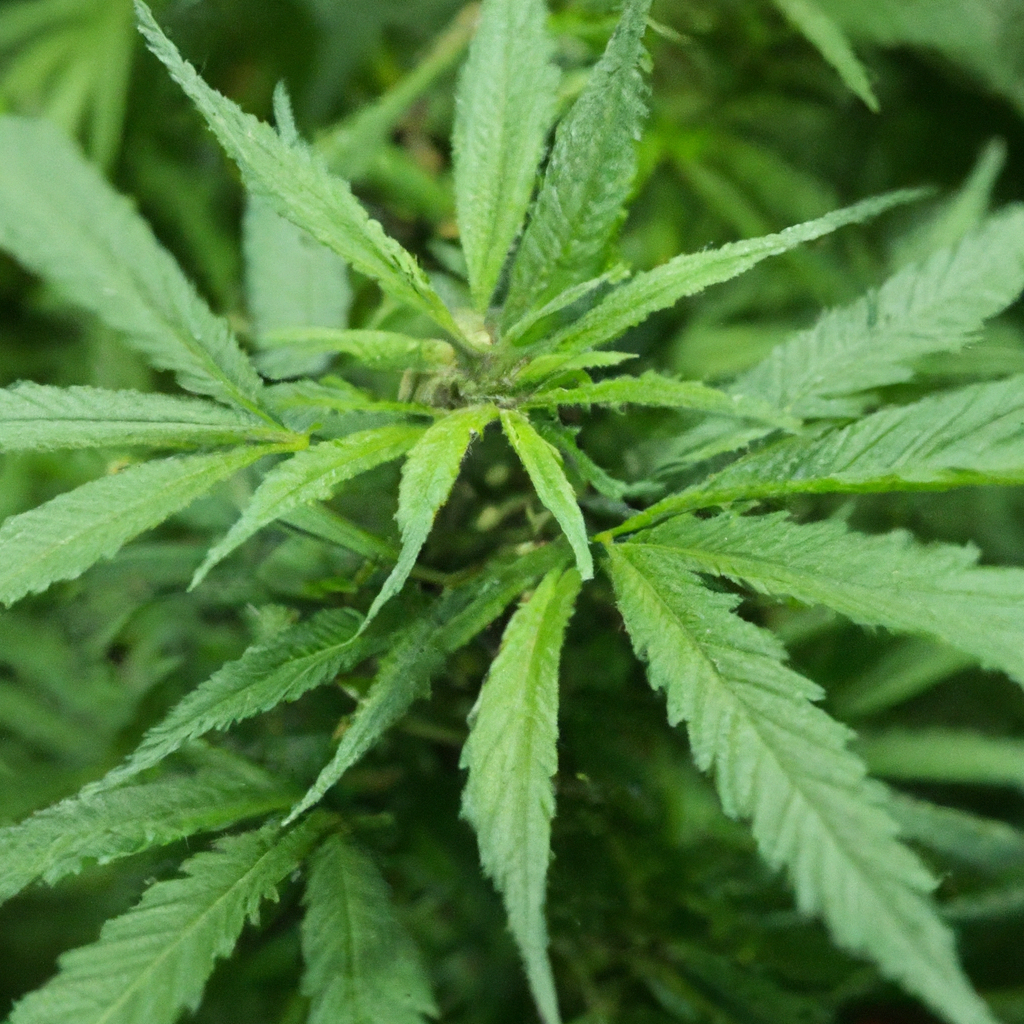
As the cannabis industry grapples with growing environmental concerns, it is increasingly adopting eco-friendly cultivation practices. By implementing sustainable techniques such as organic growing, composting, and integrated pest management, as well as utilizing water management strategies like drip irrigation and rainwater harvesting, the industry aims to conserve resources while producing high-quality plants. Additionally, energy efficiency…
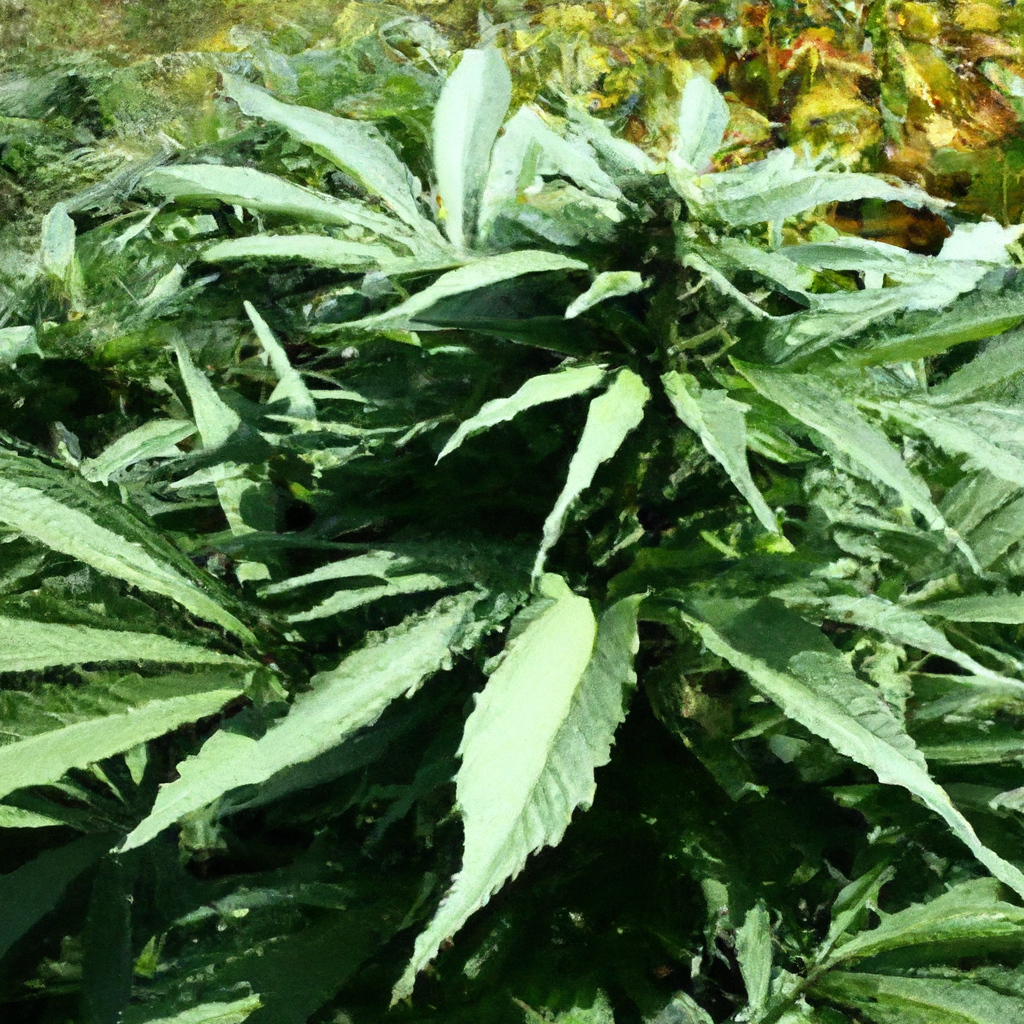
As the demand for sustainable practices increases, organic cannabis cultivation is becoming more popular. It focuses on natural fertilizers, compost, and eco-friendly pest control to enhance both plant health and environmental benefits. Key practices include nurturing living soil through composting, cover cropping, and mulching; using natural fertilizers like worm castings, fish emulsion, and bat guano;…
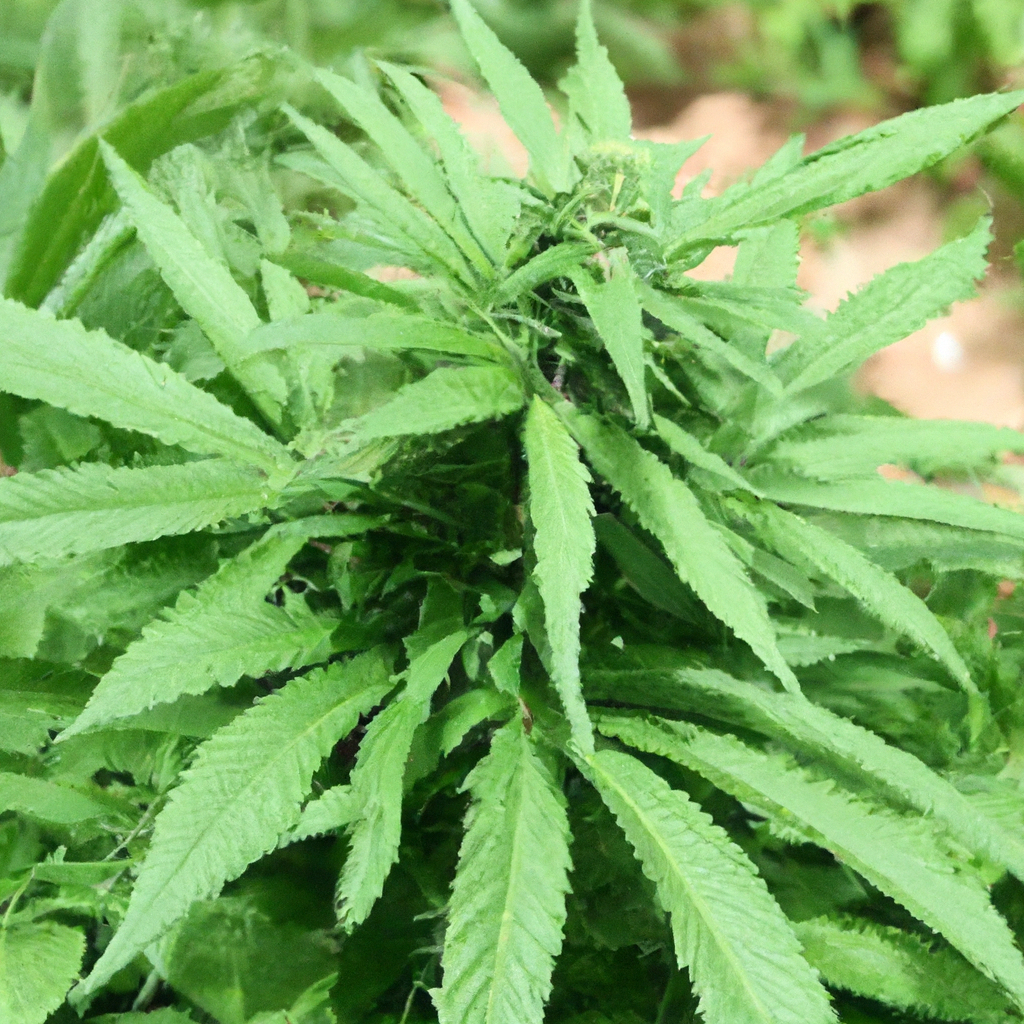
Organic cannabis cultivation emphasizes sustainability and holistic wellness by using natural resources for quality yields. Key practices include building a healthy soil ecosystem through composting and green manure and utilizing natural fertilizers like fish emulsion and bone meal. Eco-friendly pest control methods, such as companion planting and the use of beneficial insects, further reduce chemical…
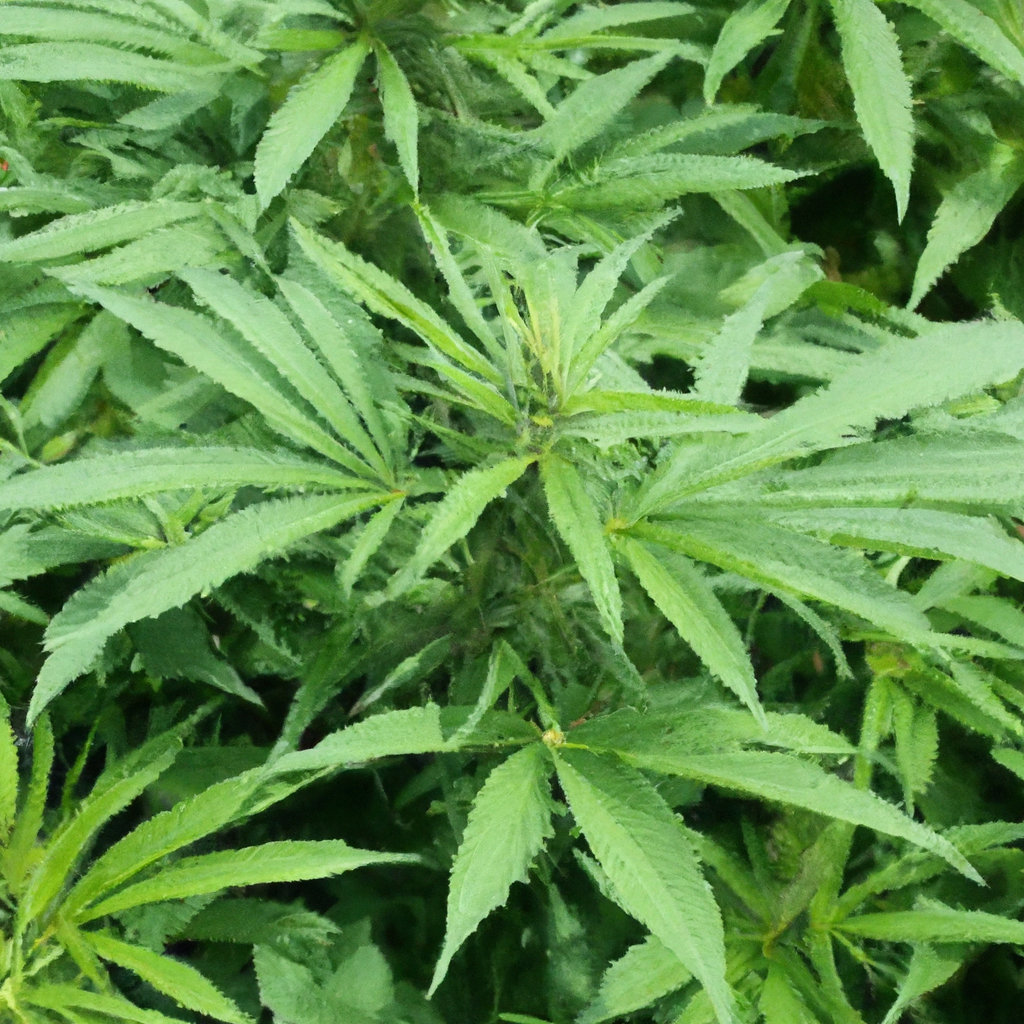
As the cannabis industry expands, more cultivators are adopting organic methods to maintain sustainable practices that are beneficial to both the environment and consumers. This guide outlines essential strategies for organic cannabis cultivation, emphasizing the importance of building a healthy soil ecosystem through composting, cover crops, and natural amendments. It also highlights the use of…
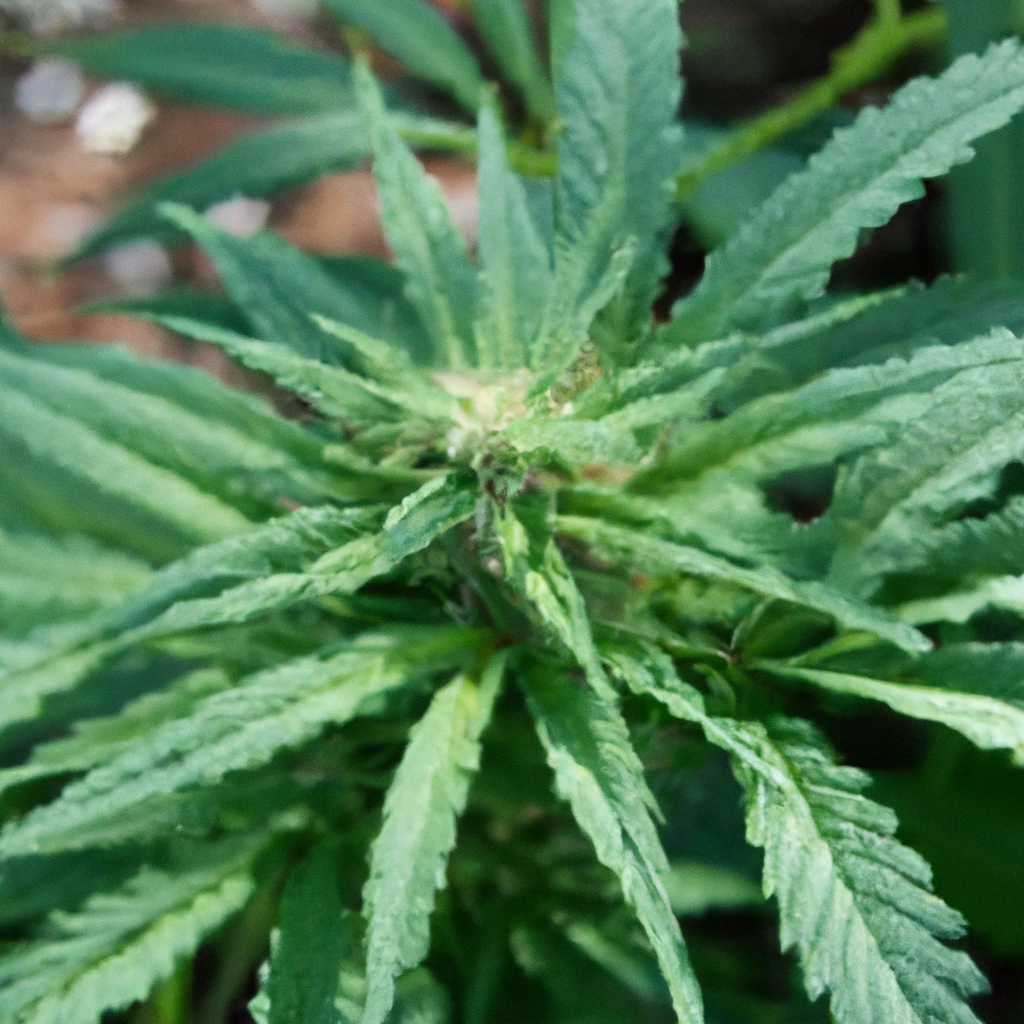
The cannabis industry is increasingly focusing on sustainable cultivation practices that benefit the environment and consumer health. This guide outlines key methods for organic cannabis growth, emphasizing the use of natural fertilizers like compost and worm castings to enhance soil health and plant vitality. Cultivators are encouraged to build robust soil ecosystems, employ natural pest…
In the realm of cannabis cultivation, organic methods stand out for their environmental and sustainability benefits. This approach involves using natural fertilizers, compost, and eco-friendly pest control to enhance plant health and protect the environment. Key practices include building robust soil ecosystems through composting, using natural fertilizers, and employing crop rotation and companion planting. Instead…
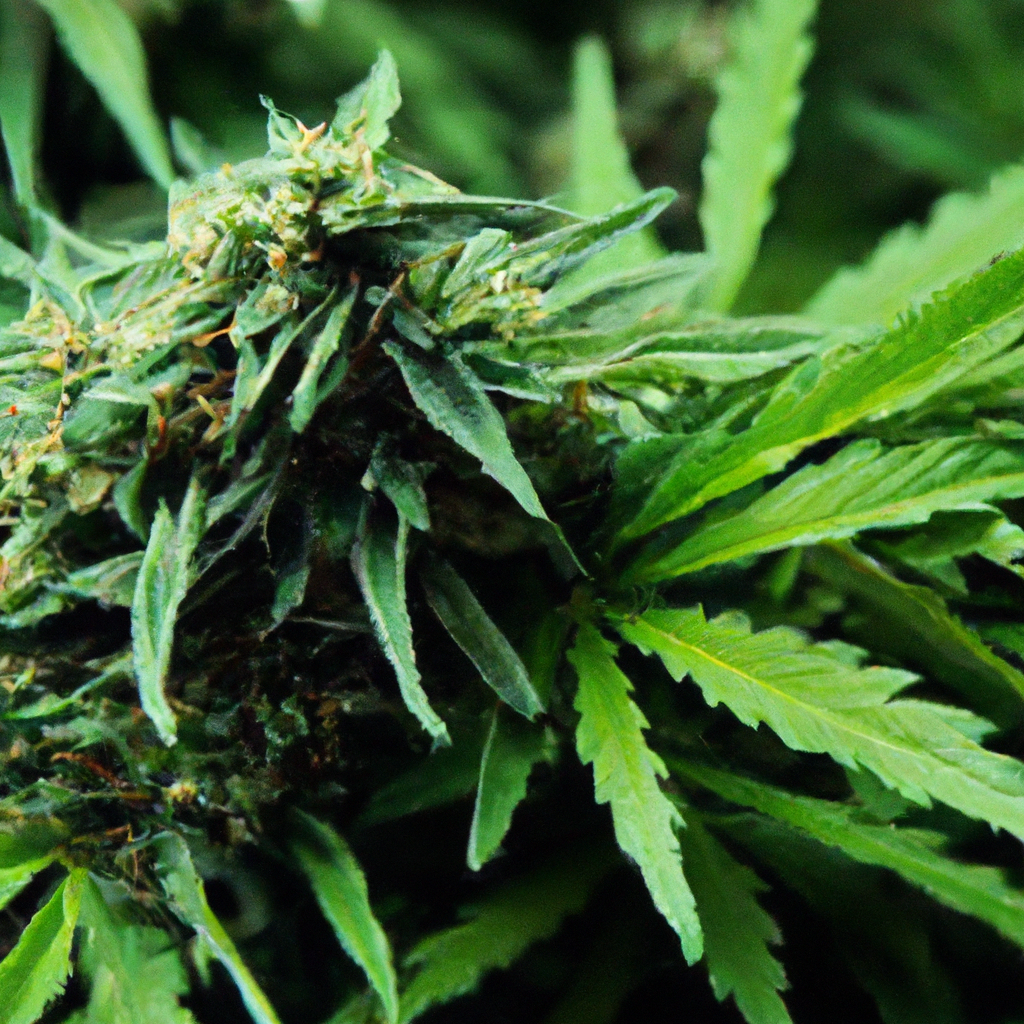
In an era focused on sustainability, organic cannabis cultivation is becoming increasingly popular due to its environmental benefits and ability to produce more potent and flavorful products. Key practices include building a healthy soil ecosystem with compost and beneficial microbes, using organic fertilizers like bone meal and fish emulsions, and implementing Integrated Pest Management (IPM)…
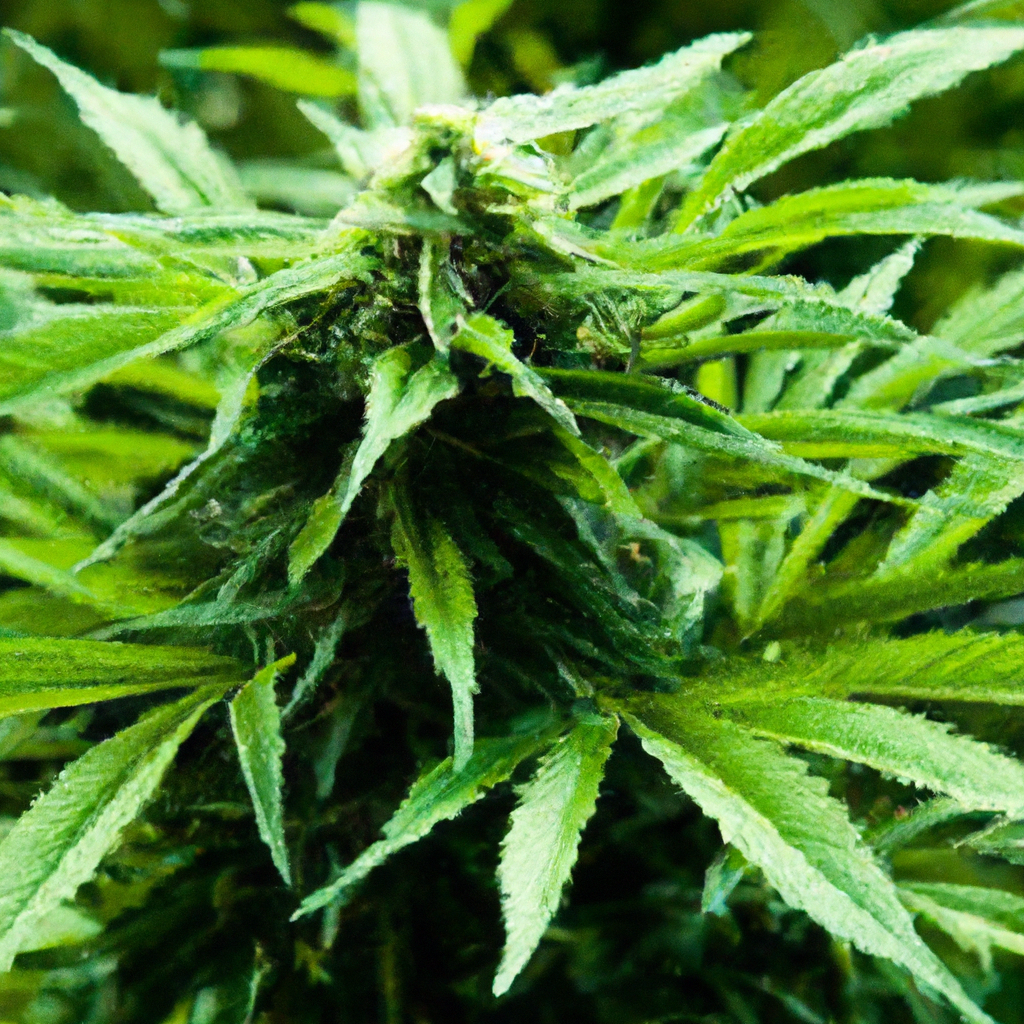
The integration of cannabis cultivation into urban agriculture is gaining momentum as legalization expands globally. Urban farming techniques like vertical farming, hydroponics, and rooftop gardens offer innovative ways to incorporate cannabis into city environments. This trend has multiple benefits, including boosting local economies, reducing environmental impact, and fostering community engagement through educational initiatives. However, growers…
